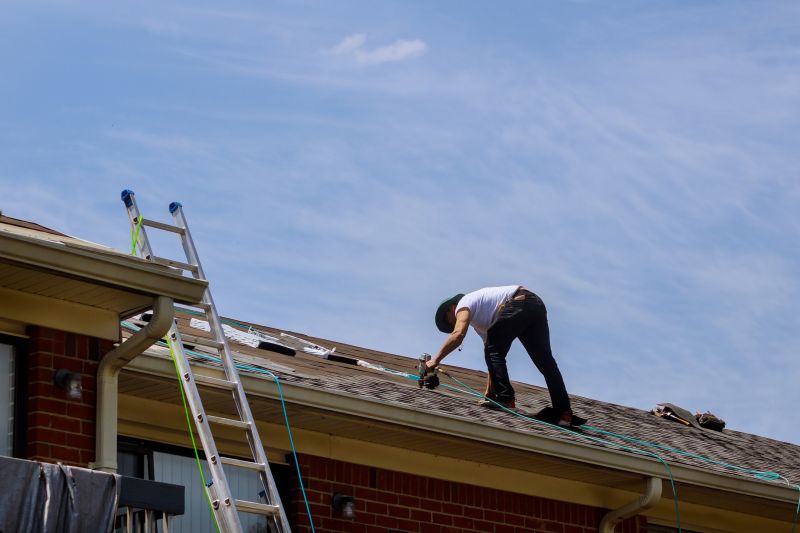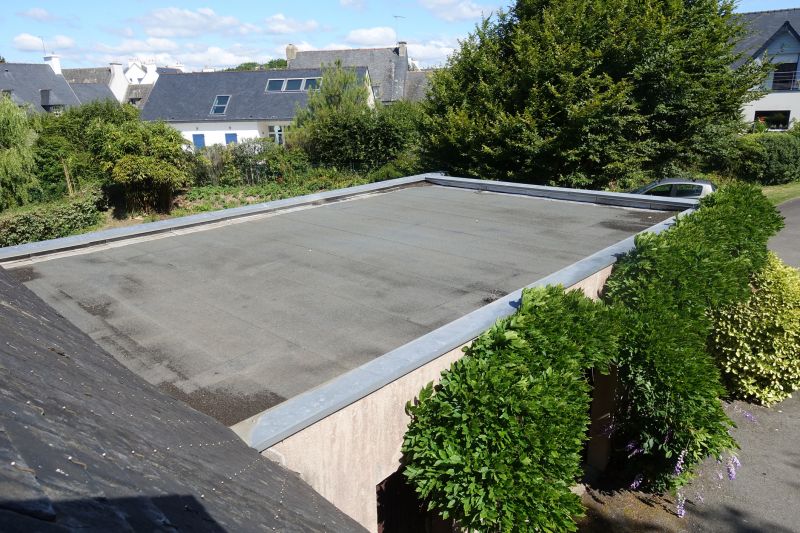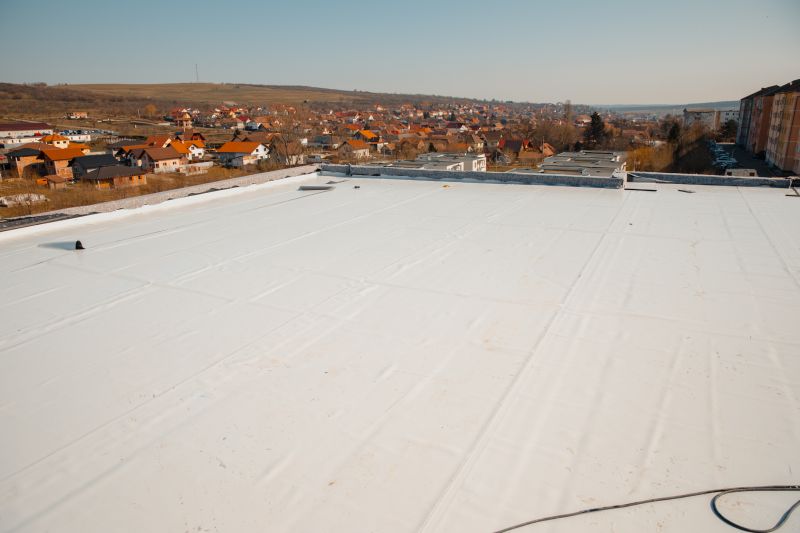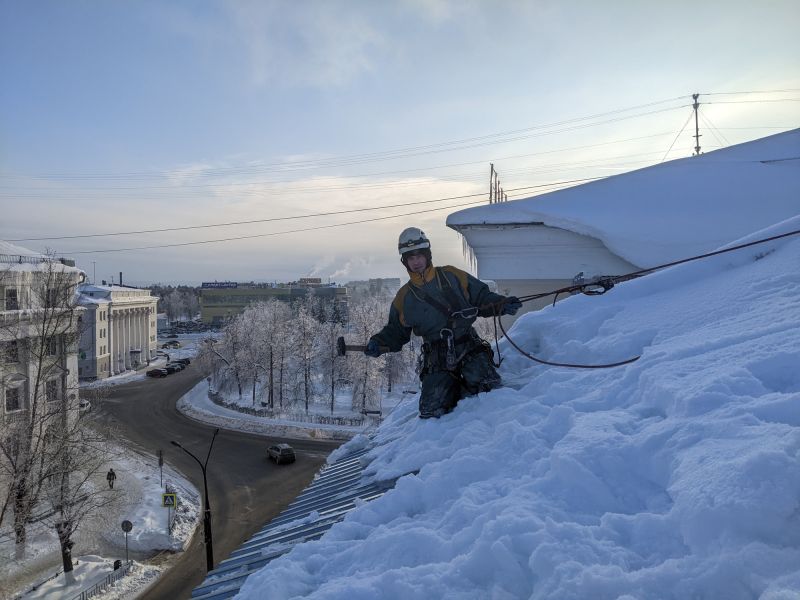Optimal Timing for Roofing Services
Scheduling roofing service at the optimal time can ensure better results and longer-lasting repairs or installations. The best period depends on local climate conditions, weather patterns, and the specific roofing needs.
Spring offers moderate temperatures and longer daylight hours, making it suitable for roofing projects before the heat of summer.
Summer provides extended warm weather, but high temperatures and storms can cause delays or safety concerns for roofing work.
Fall is ideal for roofing in many regions due to stable weather and cooler temperatures, allowing for thorough work before winter.
Winter is generally less favorable due to cold temperatures, snow, and ice, which can hinder roofing projects and affect material performance.

Spring weather allows for efficient roofing repairs and installations with minimal weather disruptions.

Summer offers long days and warm conditions, suitable for completing roofing tasks quickly.

Fall provides ideal conditions for roofing work, ensuring readiness before winter sets in.

Ways to make Roofing Service work in tight or awkward layouts.

Popular materials for Roofing Service and why they hold up over time.

Simple add-ons that improve Roofing Service without blowing the budget.
| Season | Recommended Roofing Activity |
|---|---|
| Spring | Inspection, repairs, and maintenance |
| Summer | New installations and major repairs |
| Fall | Preparation and preventative maintenance |
| Winter | Limited repairs, emergency work only |
Roofing service involves a range of activities including inspections, repairs, replacements, and installations. Proper timing can prevent costly damages and extend the lifespan of roofing systems. Weather conditions significantly influence the quality and safety of roofing projects. For example, extreme heat can cause materials to expand or become difficult to work with, while cold temperatures may impair adhesive performance or cause materials to become brittle. Data indicates that scheduling roofing work during moderate weather conditions reduces delays and enhances safety measures.
In regions with distinct seasons, planning roofing service during the spring and fall can optimize results. These periods typically feature milder temperatures and lower chances of weather-related disruptions. Proper timing also allows for thorough inspections and maintenance, which can identify potential issues before they escalate into costly repairs. Understanding local climate patterns is essential for determining the most suitable time for roofing activities.

Spring's moderate conditions are ideal for roofing projects.

Warm weather supports faster project completion.

Fall offers stable weather for roofing maintenance.

Cold and snow limit roofing activities.
Interested parties are encouraged to contact for scheduling roofing services at the most suitable time. Proper timing can enhance the durability and effectiveness of roofing work, ensuring long-term protection and performance.


